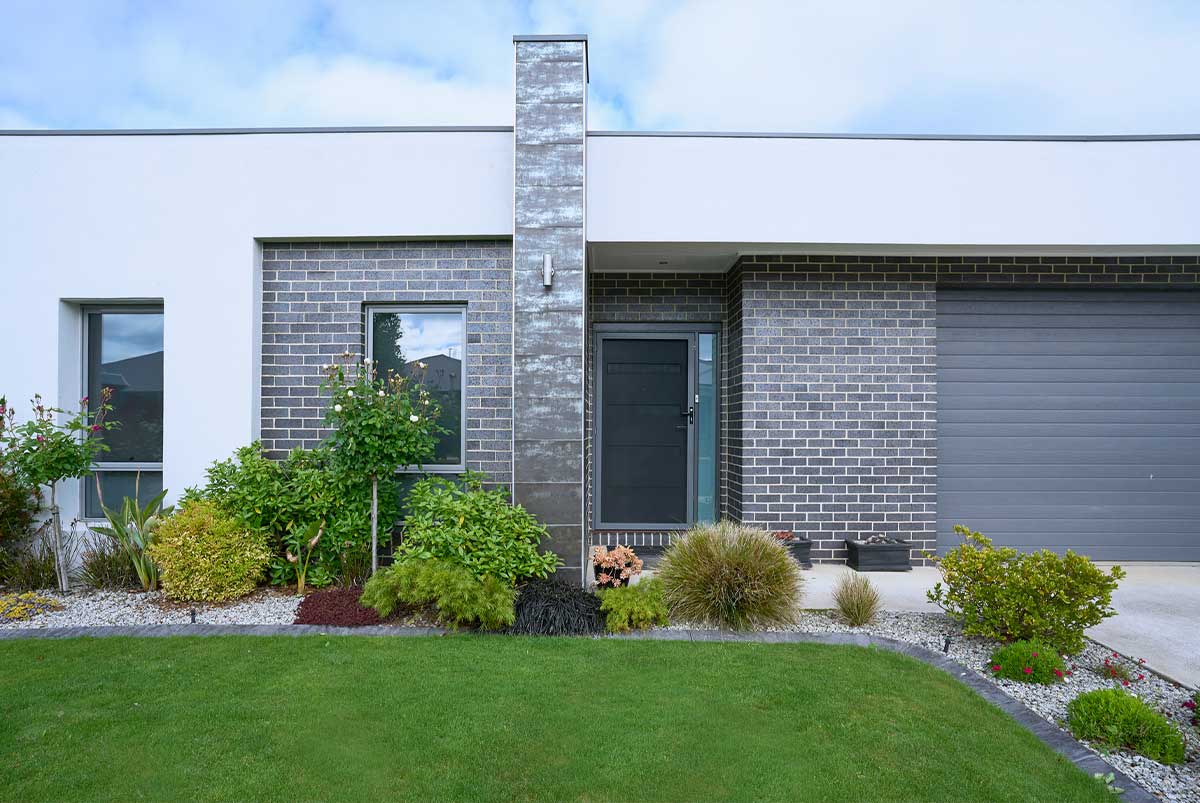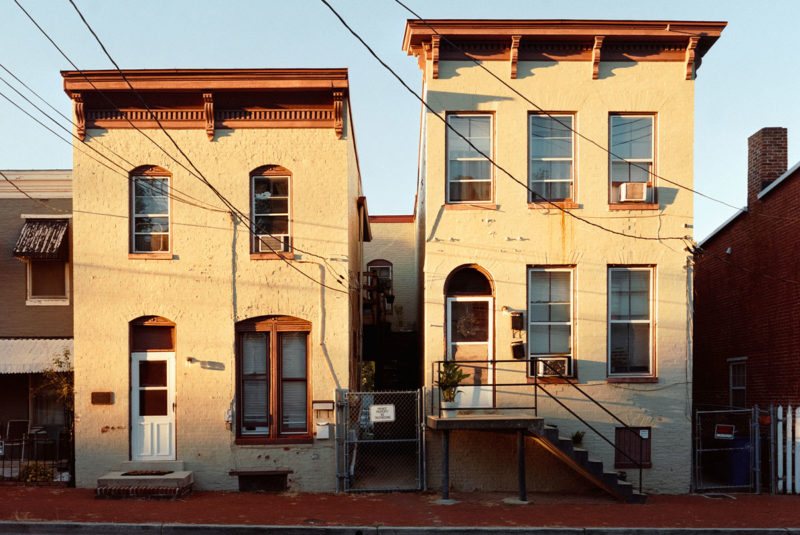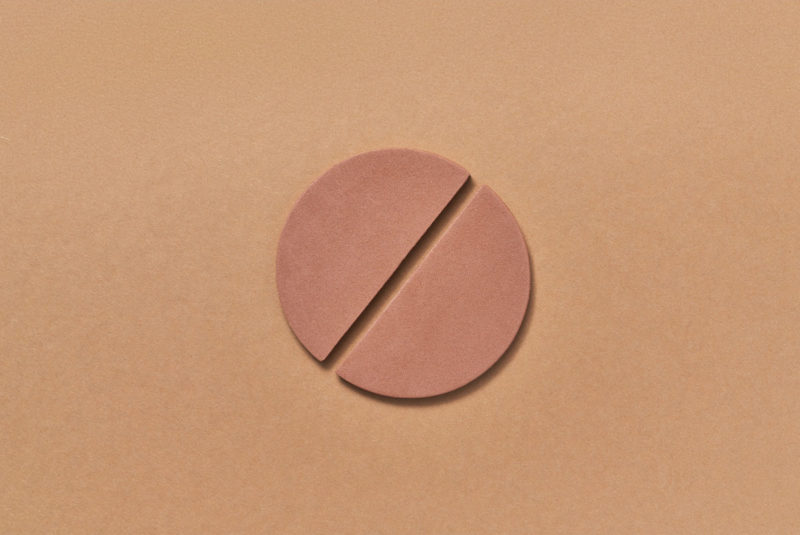Ready To Buy a Home?
Get Approved to Buy a Home
Rocket Mortgage® lets you get to house hunting sooner.
One of the primary reasons people strive to become homeowners is so they can increase their personal wealth over time. Rather than hand over rent to a landlord every month, homeownership helps ensure that at least a portion of your monthly mortgage payment is returned to you as equity.
Watching your equity grow over time can be very exciting. As long as you keep making your monthly mortgage payments and living in your home, you will eventually own the entire property.
But in the meantime, you might find it frustrating that the wealth you’ve been building appears to be “trapped” in your home.
Until you take some sort of action, the wealth in your home will remain unusable. It’s money you have (in theory) that can’t be used to pay bills, make home improvements, go on vacation or achieve any financial goals.
Taking out a second mortgage is a popular way to tap into the equity in your home and gain access to cash. We can show you how to unlock your home’s equity with a second mortgage and help you decide if applying for one is right for you.
What Is a Second Mortgage?
A second mortgage is any mortgage taken out on a property that has an existing (or primary) mortgage. There are two main types of second mortgages: home equity loans and home equity lines of credit (HELOCs).
As you are well aware, a primary mortgage (or first mortgage) is an important tool in the home buying toolbox of most aspiring homeowners. Most of us need a mortgage to bridge the gap between what’s in our savings account and a home’s purchase price.
A second mortgage is taken out after a home is purchased and gives a homeowner access to their home’s equity.
When Should You Consider a Second Mortgage?
Like your first mortgage, your second mortgage is a big responsibility. When you get a second mortgage, you’re suddenly responsible for two monthly mortgage payments – one for your original mortgage and one for your second mortgage.
Considering the strain it may put on your finances, you should only consider applying for a second mortgage if you have a specific reason. The loan shouldn’t be used like an ATM. Applying for a second mortgage to free up cash you don’t have plans for could cost you the loan’s collateral if you default – your home.
Common reasons why homeowners apply for second mortgages include:
- Debt consolidation
- Home renovation or addition
- Large emergency expenses
- Higher education
- Vacations or large purchases
What Is a Home Equity Loan?
A home equity loan is a common type of second mortgage that allows you to borrow money against the equity you’ve built up in your home.
If the most recent appraisal for your home was $500,000 and you have a $200,000 balance on your mortgage, that means you have $300,000 in equity.
Depending on the lender, you typically need at least 20% equity in your home and can borrow up to 80% of that equity.[1] In this case, that’s up to $240,000. Other factors – such as your credit history, income and debt-to-income (DTI) ratio – will also influence the size of your loan and the loan’s terms.
You receive an upfront, lump-sum cash payment. The loan will likely have a fixed interest rate, and you’ll make fixed monthly payments over the life of the loan.
What Is a HELOC?
A HELOC is another type of second mortgage. With a HELOC, you use your home’s equity to secure a revolving line of credit, borrowing what you need when you need it and only paying interest on what you borrow.
Like a home equity loan, you can typically borrow up to 80% of the equity you’ve built in your home[1] Your loan’s amount and terms will depend on your mortgage lender and their qualifying criteria for borrower credit score, DTI, income and more.
A HELOC works much like a credit card during its first phase – the draw period. You withdraw as much money as you need up to your predetermined spending limit, only paying interest on what you borrow. During the second phase – the repayment period – you make regular monthly payments until the HELOC is paid off.
Unlike most home equity loans, a HELOC typically has a variable interest rate. The loan’s interest rate can adjust up or down depending on market conditions. If interest rates start to climb, your monthly payments will, too.
Home Equity Loan vs. HELOC: Which is Better?
Home equity loans and HELOCs are both great loans to get the money you’ll need for big home improvement projects or debt consolidation. But to help decide which is better for you, you’ll need to identify your needs, calculate your equity and even consider alternatives that aren’t second mortgages.
If you are looking for a loan that can fit neatly into your monthly budget, home equity loans have predictable payments over their lifespans.
HELOCs, on the other hand, offer more flexibility, making them a good choice to fund a project with ongoing or unpredictable costs. They allow you to borrow exactly how much you need – which may be less than your spending limit – and only pay interest on what you borrow. This way, you’re not borrowing a lump sum and paying interest on the whole sum, whether or not you end up using it.
What Happens if I Can’t Repay Either Mortgage?
Both a primary mortgage and a second mortgage use your home as collateral. If you default on either loan, both lenders can reclaim ownership of the property and sell it.
Because the second mortgage is subordinate to the primary mortgage, in almost all cases of a foreclosure sale, the primary mortgage lender will be first in line for repayment. The second lender will receive any money that’s left over.
You will likely pay higher interest on a second mortgage than a primary mortgage because the second lender is assuming the increased risk of not getting paid after a foreclosure sale.
What Are Second Mortgage Alternatives?
If you do not want to leverage your home but need money, you can always go the traditional route with personal loans and credit cards – but you will likely pay higher interest rates. The interest rates on second mortgages are typically lower than the interest rates on personal loans and credit cards.
Another popular alternative to a second mortgage is a cash-out refinance (cash-out refi). Cash-out refis have higher closing costs, but you can use them to tap into the equity in your home and receive a large lump sum of cash.
Second Mortgage vs. Home Equity Loan FAQs
A second mortgage is an umbrella term that includes several types of second home loans – including home equity loans and HELOCs.
Second mortgages are typically riskier for a lender than primary mortgages, which means they almost always have higher interest rates than primary mortgages.
A second mortgage will appear on your credit report. Applying for the loan may initially drop your score by a few points, but consistently making your mortgage payments on time can improve it. Defaulting will, of course, cause your credit score to drop.
You can get a second mortgage with bad credit, but you will likely pay a higher interest rate. If you can, give yourself a few months to improve your credit score before you apply.
The answer will depend on your current situation. Refinancing might be the best option if you want a lower interest rate. If you need cash, a second mortgage might make more sense.
Sometimes Two Is Better Than One
A second mortgage might complicate your financial situation – but it can also be beneficial. Home equity loans and HELOCs can help you access the equity you have in your home, which can be very useful when used for the right reasons.
Take the first step toward buying a home.
Get approved. See what you qualify for. Start house hunting.
The Short Version
- Taking out a second mortgage is a popular way to tap into the equity in your home and gain access to cash
- There are two main types of second mortgages: home equity loans and home equity lines of credit (HELOCs)
- You typically need at least 20% equity in your home and can borrow up to 80% of that equity[1]
Federal Trade Commission. “Home Equity Loans and Home Equity Lines of Credit.” Retrieved July 2022 from https://consumer.ftc.gov/articles/home-equity-loans-and-home-equity-lines-credit




